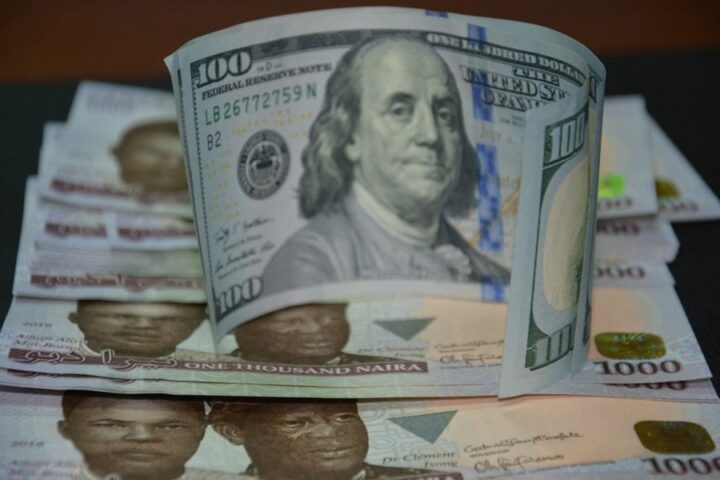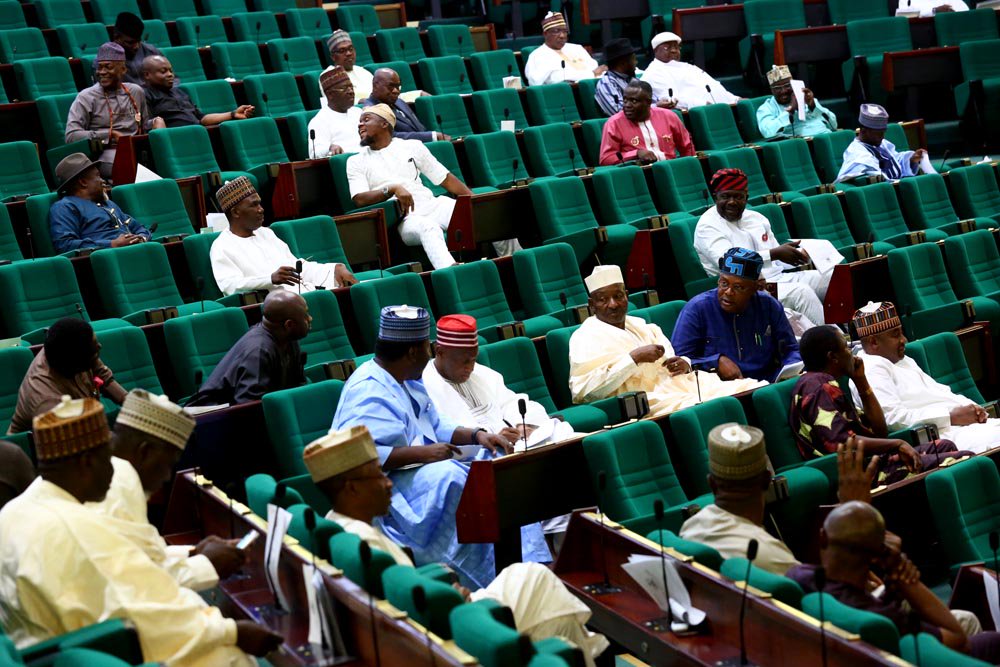This will be a relatively quiet week for the Nigerian economy data-wise with the latest Stanbic IBTC PMI figures under the spotlight.
The PMI figures for January are projected to rebound from the 56.8 in December to 57.0 as Nigeria’s private sector continues to recover. While domestic data may boost sentiment towards the economy and support local stocks, external factors in the form of coronavirus fears, depressed Oil prices and Dollar’s valuation will influence the country’s outlook.
Chinese stock markets plunged 8% during the early parts of Monday as markets reopened after the Lunar
New Year holiday. Mounting concerns over the coronavirus outbreak shaving a chunk out of China’s GDP could hit the Nigerian economy in term of trade flows. China is Nigeria largest trading partner with total trade between both countries over $3 billion during the third quarter of 2019.
Advertisement
Severely depressed Oil prices will most likely weigh on Nigeria’s export earnings and government revenues. Oil depreciated 12% in January and could extend losses this month due to demand concerns and fears around slowing global growth. China’s demand for oil is expected to have dropped by three million barrels a day, which is 1.3 million barrels more than OPEC’s combined output cuts. Add to this a global cancelation of airline flights to China and the result would be an extremely oversupplied market.
Although OPEC+ may implement deeper production cuts when they meet on Feb 4-5, the question is if this will this be enough to limit downside losses? If Oil prices continue to depreciate, this will not only threaten Nigeria’s economic recovery but complicate efforts to implement the 2020 budget which has set the benchmark for Oil at $57 with revenue targets of N2.64 trillion.
On Friday, the US jobs report will be the main risk event and potential market shaker. A strong jobs report should boost the Dollar, which is likely to punish emerging market currencies including the Nigerian Naira.
Advertisement
Add a comment







